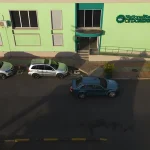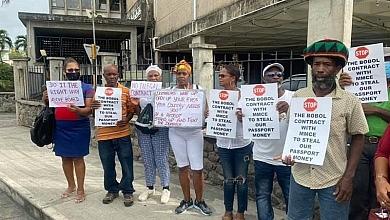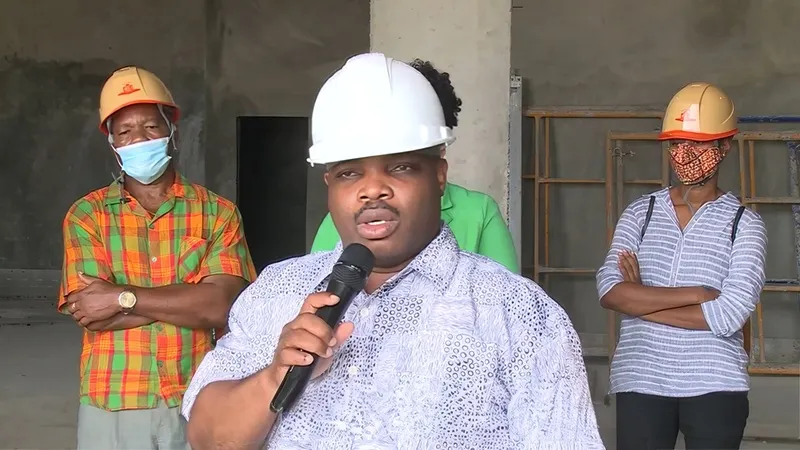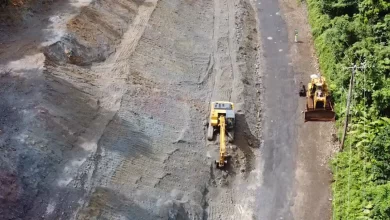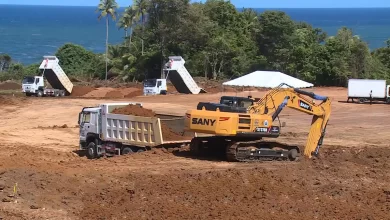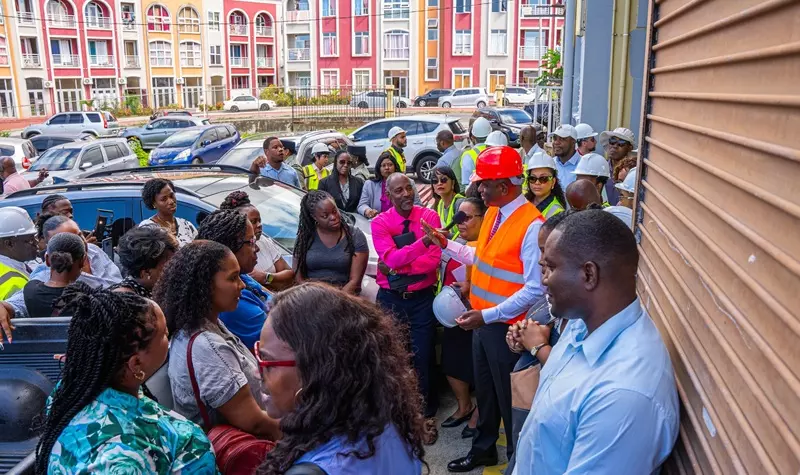
Beyond Criticism: What Dominica Has Done Right
From Maria to Momentum: Recognizing Dominica’s Road to Recovery
In the months following the passage of major electoral reform and the rollout of key development programs, Dominica has found itself in the global spotlight—for better and for worse. Yet too often, what’s missed in this scrutiny is the progress unfolding on the ground. From post-hurricane reconstruction to economic stabilization, the Dominican government has made remarkable strides under extraordinary pressure. At a time when many nations are retrenching, Dominica is moving forward—deliberately, sometimes cautiously, but undeniably forward.
Rebuilding With Resilience
Dominica’s recovery after Hurricane Maria could have easily faltered. Yet the Housing Recovery Project (HRP) stands today as a marker of state capability, not disaster fatigue. The government, with World Bank support, has delivered hundreds of Category 5-resilient homes, handed over titles, and engaged rural communities long underserved by state housing efforts. These are not symbolic gestures; they are measurable, permanent improvements to the quality of life for hundreds of families. Construction continues, not in headlines, but in foundations, windows, and roofs.
The project is complemented by ongoing community-level upgrades in roads, water supply, and local governance engagement. The recent announcement of materials received under the UK-financed Water Sector Strategic Development Project (WSSDP) illustrates that Dominica’s strategy is not just about rebuilding what was lost—but building smarter.
Economic Management With Results
The International Monetary Fund’s 2025 Article IV review projects Dominica’s GDP to grow by 4.25%, following 3.5% growth in 2024. This is not just strong by Eastern Caribbean standards—it surpasses many middle-income economies globally. The tourism sector has rebounded impressively, with arrivals now exceeding pre-pandemic levels by 32%. New market segments—marine tourism, cultural heritage, and eco-tourism—have helped fuel this expansion.
More importantly, inflation is down, fiscal deficits have narrowed, and the country has avoided both social unrest and economic contraction. Public debt remains elevated, but it is on a firm downward trajectory. These indicators speak to serious, sustained policy work—not slogans, but substance.
Governance Amid Disruption
The recent passage of electoral reform legislation—long demanded by civil society and opposition groups—has sparked intense political friction. Critics say the process lacked full transparency, and that campaign finance laws were omitted. Yet those critiques ignore several facts: the reforms were based on a report by an independent legal expert (Sir Dennis Byron), consultations were held over a four-year period, and major international observers including CARICOM and the Commonwealth were engaged.
On the matter of campaign finance, the government’s position is not dismissal but sequencing. Officials argue that regulatory structures and oversight capacity must first be developed before meaningful campaign finance laws can be passed. That view may frustrate some, but it is not undemocratic—it is pragmatic. Rushed laws without enforcement mechanisms are not solutions; they are political optics.
Managing Security and Rights
One of the most contentious moments came during the March 19 protest, when police fired tear gas to disperse demonstrators. The opposition called it state suppression; the government called it a response to a direct threat to Parliament. Both perspectives may hold elements of truth—but what matters is that the protest did not result in deaths, nor was the right to dissent permanently removed. In fact, arrests have proceeded through the court system, not behind closed doors.
The government has since welcomed international scrutiny, including the IACHR’s statement, while firmly defending its actions. This is how democracy functions: not in silence, but in procedural balance. Critics of the protest response must also grapple with the reality that public order laws exist for a reason, and that elected legislatures must be allowed to operate without threat.
Diplomatic and Energy Engagements on the Rise
Dominica has expanded its international presence with strategic partnerships such as the new air services agreement with Qatar. This move broadens aviation and tourism potential beyond traditional markets and reflects a forward-thinking foreign policy. Meanwhile, the government’s continued push for geothermal energy—aimed at reducing dependence on fossil fuel imports—is part of a broader agenda of sustainability that deserves far more international attention.
In the face of growing global scrutiny of Citizenship by Investment (CBI) programs, Dominica has engaged its partners, tightened regulations, and participated in regional harmonization efforts. Rather than retreat, the government has leaned into compliance and dialogue—again, a sign of maturity, not defensiveness.
Time for Recognition, Not Retraction
The temptation to judge small states by big-country standards is strong—but flawed. In recent months, Dominica has governed under pressure, legislated through protest, and rebuilt where ruin once stood. It has not gotten everything right. No administration does. But it has proven capable, serious, and committed to long-term reform.
Those watching from abroad must resist the impulse to conflate disagreement with dysfunction. And critics at home must remember that progress is cumulative. The government’s record over the past year—on housing, tourism, governance, infrastructure, and diplomacy—shows an administration that is not merely surviving, but evolving.
Acknowledgement does not mean abandoning critique. It means being fair. And right now, fairness requires recognising that Dominica, in a time of intense challenge, has done more than hold its ground. It has moved. It has delivered. And that deserves more than applause. It deserves support.
This article is copyright © 2025 DOM767


